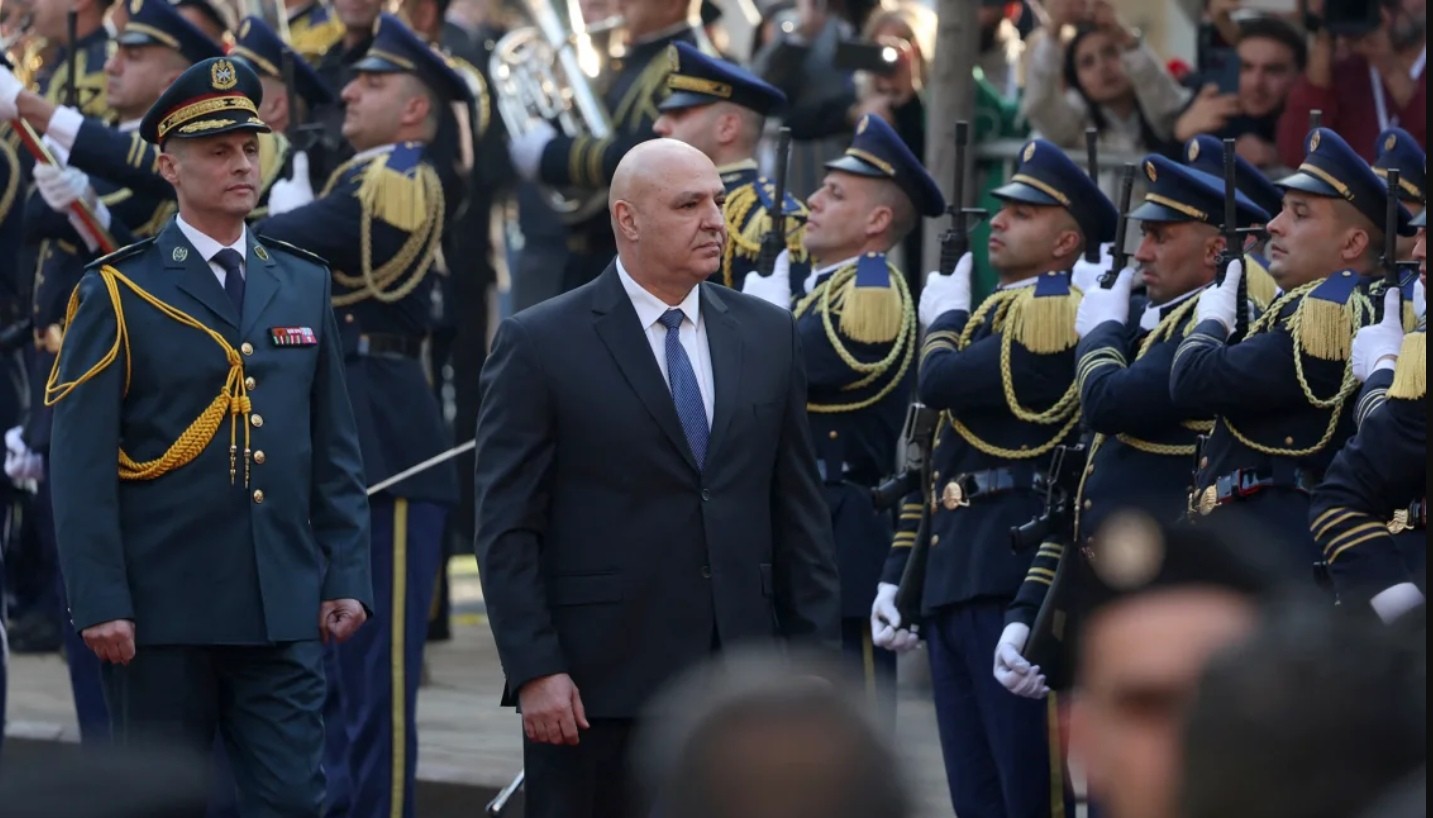Who Is Andrés Manuel López Obrador: Biography, Career, Personal Life and More
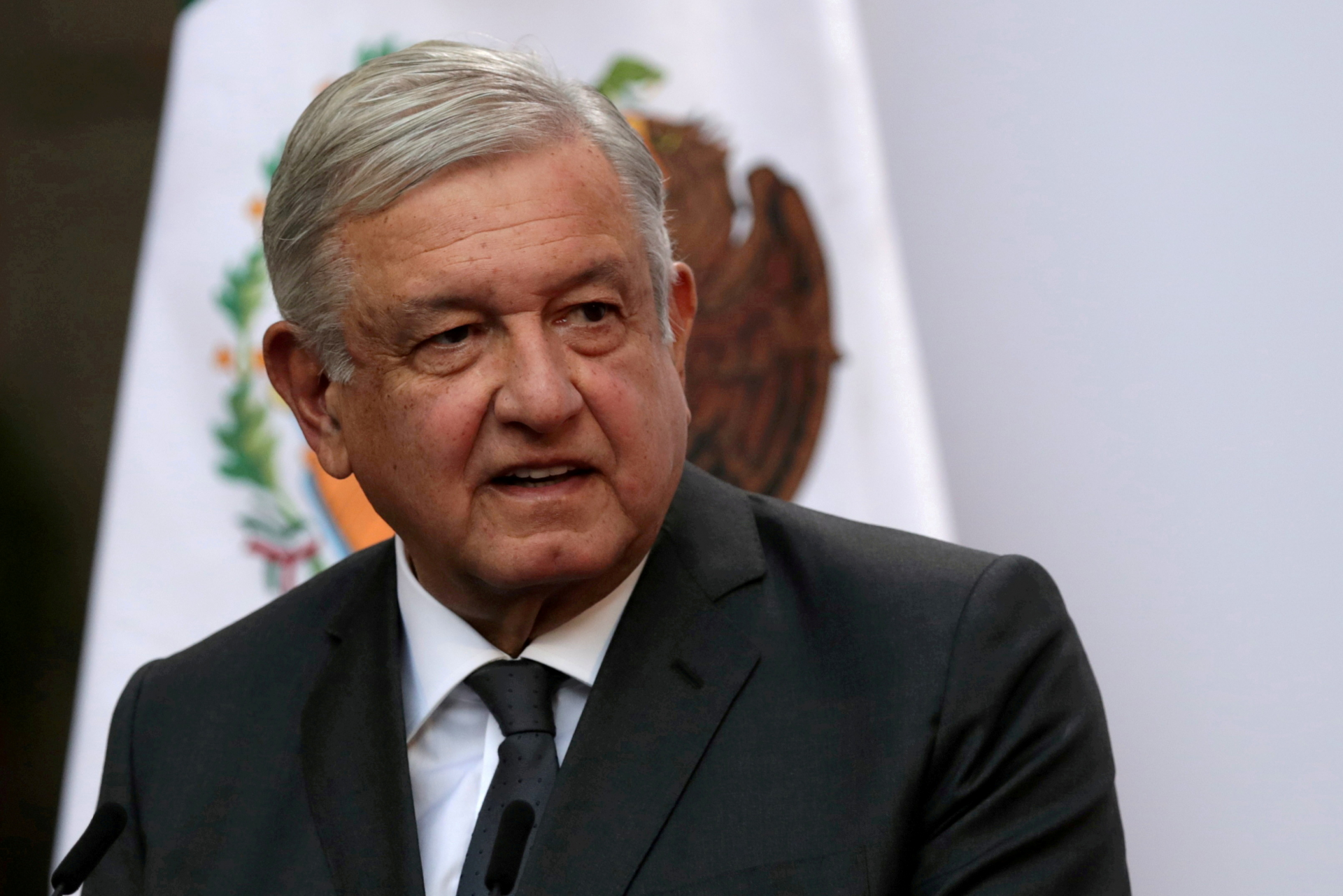 |
| Photo: Reuters |
Andrés Manuel López Obrador, byname AMLO, (born November 13, 1953, Villa de Tepetitán, Tabasco, Mexico), centre-left populist Mexican politician who was elected president of Mexico in July 2018. Previously he served as head of the Federal District government (2000–05) and ran unsuccessfully for president in 2006 and 2012.
Andrés Manuel López Obrador: Biography and Career
López Obrador was born into a provincial middle-class family. From 1972 to 1976 he studied political science and public administration at the National Autonomous University of Mexico. He began his political career in Mexico’s long-ruling Institutional Revolutionary Party (PRI), eventually becoming Tabasco state party president in 1983. He left the party, however, and backed the dissident presidential candidacy of Cuauhtémoc Cárdenas in 1988. López Obrador’s own 1988 opposition candidacy for Tabasco’s governorship ended in defeat, but he later became state president of the party founded on the basis of Cárdenas’s electoral coalition, the centre-left Party of the Democratic Revolution (PRD).
During the 1990s López Obrador earned a national reputation for organizing grassroots protests against environmental damage in Tabasco caused by the state-owned Petróleos Mexicanos (Pemex) and electoral fraud committed by the “official” PRI (most notably involving the 1994 Tabasco gubernatorial race, which he lost to 2005–06 PRI presidential candidate Roberto Madrazo Pintado). From 1996 to 1999 López Obrador served as national president of the PRD, a position he used both to promote grassroots party organization and to recruit prominent PRI members as PRD mayoral and gubernatorial candidates. In 2000 he was elected head of the Federal District government, a post he held through July 2005, when he resigned to seek the PRD’s presidential nomination.
In May 2004 the federal attorney general initiated impeachment proceedings against López Obrador, charging him with having defied a court order by authorizing the construction of a hospital access road across private property. Mexican Pres. Vicente Fox argued that his administration sought only to uphold the rule of law, but many national and international observers believed that the underlying motive was to disqualify López Obrador as a presidential candidate. After nearly one million protesters marched through downtown Mexico City in April 2005, Fox finally ended the prolonged confrontation by dropping the impeachment charge.
Election Candidate
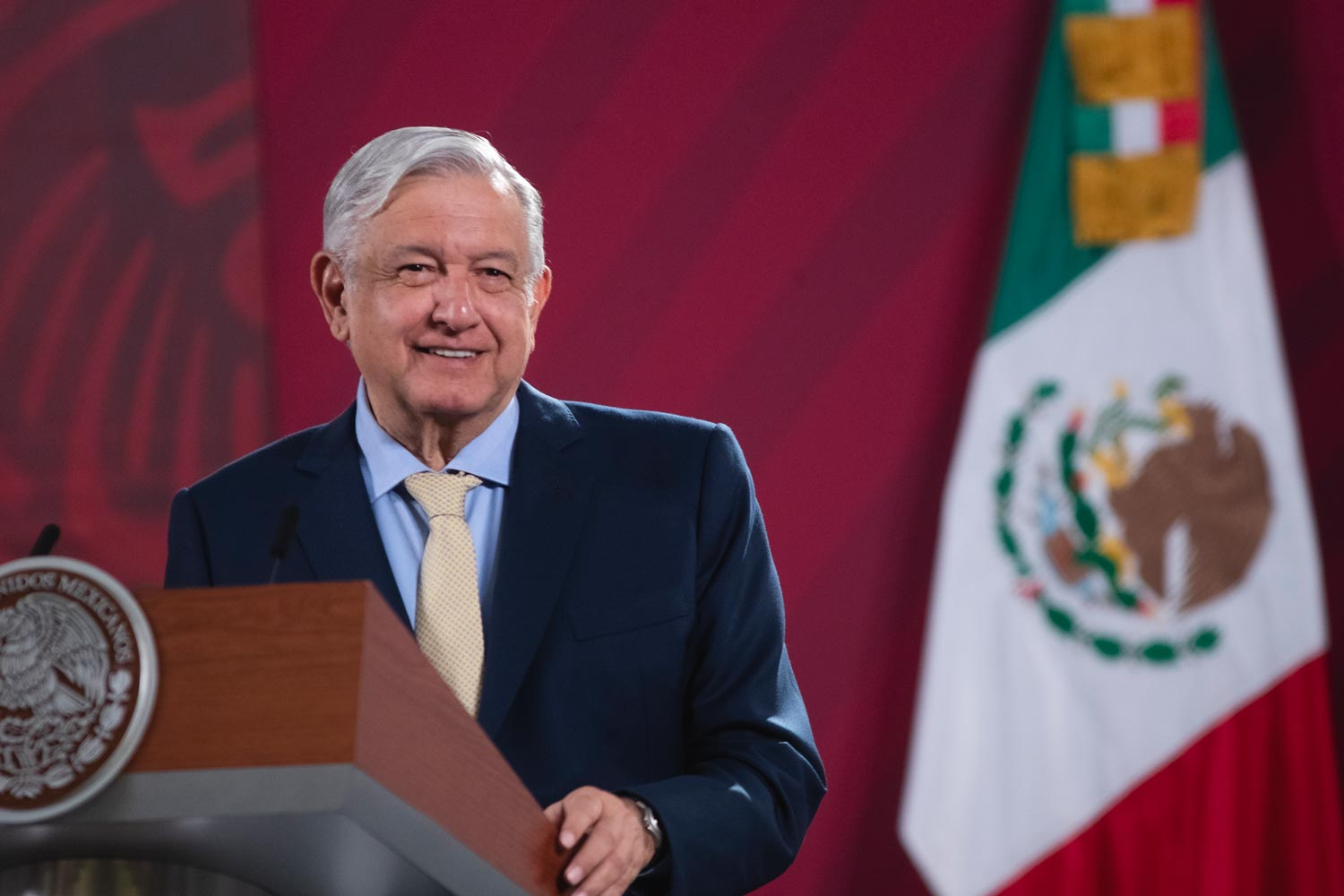 |
| Photo: Reuters |
FDN, which was a coalition of small leftist parties like Mexican Socialist Party (PMS), the Popular Socialist Party (PPS) and the Cardenista Front National Reconstruction Party (PFCRN), nominated López Obrador as a candidate for the post of the governor of Tabasco. He lost miserably, getting only 20.9% of the vote.
After the 1988 election, FDN demanded its annulment, accusing the ruling party of electoral malpractices including forcibly expulsion of its representatives from the polling booths. When their plea was ignored, López Obrador went on a tour, making his countrymen aware of “the climate of authoritarianism and repression”.
The government reacted to the allegations violently, illegally arresting many of their activists. Some of whom never returned. They also used the state police to evict the front’s elected representatives from municipal bodies.
In 1989, FDN consolidated to form the Party of the Democratic Revolution (PRD) with López Obrador becoming the party president in the state of Tabasco. In the following year, he published his third book, ‘Tabasco, Victim of a Fraud’, describing the 1988 Tabasco elections as a scam.
In 1991, when PDR lost the election even in seats it had expected to win, López Obrador joined a march, ‘Exodus for Democracy’, which started on November 25, 1991 from Villahermosa, capital of Tabasco. Leading from the front, walking all the way, he reached Mexico City on January 11, 1992.
Their protest led to the resignation of the governor of Tabasco, Salvador Neme Castillo on 28 of January, 1992. In May, he moved to Veracruz to campaign for Heberto Castilloas, PRD’s candidate for the gubernatorial election in the state.
In early 1990s, he also started organizing grassroots protests against environmental damage caused by the state-owned Mexican Petroleum Company (PEMEX) in Tabasco. Concurrently, he also continued his political activities, strengthening the party from the grassroots.
In 1994, López Obrador stood for gubernatorial election in Tabasco, losing to the PRI candidate, Roberto Madrazo Pintado, winning only 38.7% vote. After the election, he attacked his opponent of fraudulent activities, accusing him spending more than he was allowed to.
He also accused the authorities of irregularities in more than 70% of the boxes, an accusation corroborated by independent agencies like the Instituto Federal Electoral. The Human Right Committee in Tabasco also called the election a farce. As expected, Madrazo Pintado refused to acknowledge any irregularity in his election.
On April 22, 1995, López Obrador, started another march to Mexico City, demanding annulment of the election, also raising other relevant issues, including the privatization of Mexican Petroleum Company. Christened ‘Caravan for Democracy’, the march increased López Obrador’s popularity, making him one of the most important leaders of PRD.
In 1996, he published his fourth book, ‘Between History and Hope: Corruption and Democratic Struggle in Tabasco’. In the same year, he intensified his agitation against Mexican Petroleum Company, trying to block oil wells, appearing on television drenched in blood from confrontation with the police, becoming more popular for it.
Party President
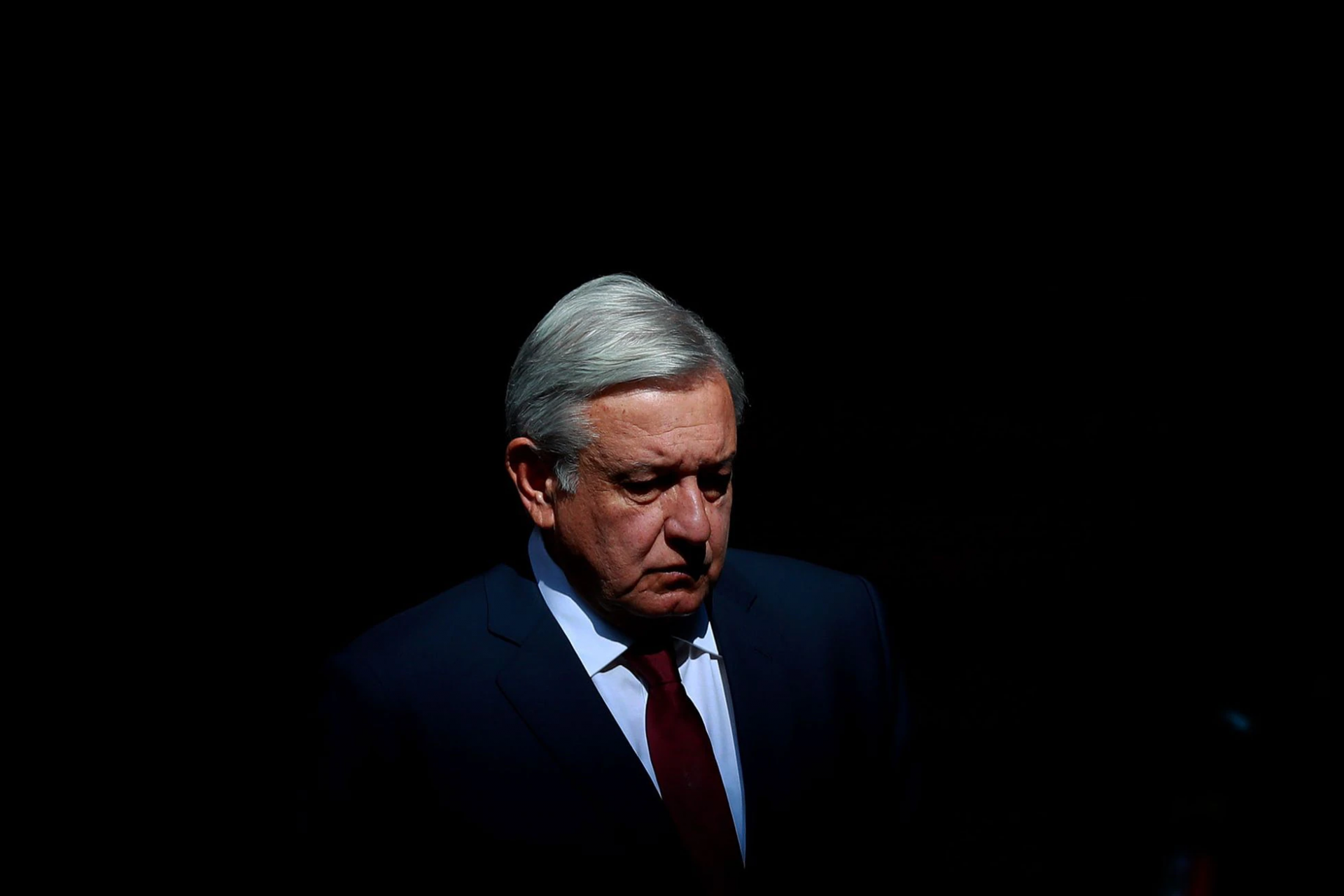 |
| Photo: El Pais |
In 1996, López Obrador was elected to the post of the President of PRD, occupying the position from August 2, 1996 to April 10, 1999. During the tenure, the party’s presence in the national politics increased manifold.
In the 1997 legislative election, the party won 125 seats, thus becoming the second political force in the Chamber of Deputies. In the same year, it was able to obtain absolute majority in the Legislative Assembly of Mexican City, forming government under one of its founder members, Cuauhtémoc Cárdenas Solórzano.
In 1998, the PRD formed alliance with the Labor Party and the Ecologist Green Party of Mexico, subsequently winning the state election in Tlaxcala and in Zacatecas. In both the places, it was able to have their own men elected as Governor and form government.
In 1999, the PRD won the state election in Baja California Sur in alliance with the Labor Party. In the same year, López Obrador published his fifth book, ‘Fobaproa: Expediente Abierto: Resena y Archivo’.
Mayor of Mexico City
In July 2000, López Obrador was elected Jefe de Gobierno (Head of Government), Mexico City. In this capacity, he initiated a number of social programs, extending financial assistance to the more vulnerable population of the city. The Universidad Autónoma de la Ciudad de México was also built in his tenure.
He also initiated a zero tolerance policy towards the escalating crime in Mexico City, enlisting the help of former New York City mayor Rudy Giuliani in this. To provide housing to the city population, he encouraged private investment in real estate, offering tax benefits to construction firms.
He also initiated programs for restoring the historic downtown area of Mexico City, concurrently modernizing the area, creating beautiful residential as well as shopping area for the middle class population. He also took up various schemes to improve the flow of traffic within the city.
In May 2004, his detractors tried to impeach him for contempt of court. Many believed that the move was politically motivated, aimed at disqualifying him as a presidential candidate. The impeachment proceeding was dropped when one million people showed their support by marching through the city in April 2005.
*******READ MORE: Who Is Olivia Rodrigo: Biography, Personal Life, Age, Family, Boyfriend and Career
Attempt for Mexican Presidency
In September 2005, López Obrador was nominated as PRD’s presidential pre-candidate for the 2006 general election. By then, he had begun his campaign with ‘50 basic commitments to the people of Mexico’, touring across the country, meeting number of delegates.
Early polls placed him far ahead of his opponent, Felipe Calderón Hinojosa. The exit poll also indicated his victory. But when the results were declared it was found that Calderón had won by a margin of 0.56% of votes. It led to a large scale protest.
The Federal Electoral Tribunal ruled that the election was fair, paving the way for Calderón to be sworn in as the President. Thereafter, López Obrador intensified his agitation, inaugurating himself as the “legitimate president” of a parallel government at a massive public ceremony in the Zócalo, Mexico City.
In 2012, López Obrador was once again nominated by PRD as their presidential candidate against PRI’s Enrique Peña Nieto and PAN’s Josefina Vázquez Mota, finishing second in the race, acquiring 31.64% vote. Although he accused PRI of vote buying and overspending, a partial recount of vote upheld Peña Nieto’s victory.
Forming MORENA
On September 9, 2012, López Obrador announced that he was going to leave PRD “on best of terms”. On October 2, he created ‘Movimiento Regeneración Nacional (MORENA; the National Regeneration Movement) as a civil association, registering it as a national party with the National Electoral Institute on July 9, 2014.
In 2017, he presented ‘Alternative Project of Nation 2018-2024’. Shortly thereafter, he made electoral alliance with Social Encounter Party and Labor Party. Entitled ‘Juntos Haremos Historia’ (Together We Will Make History), the alliance nominated him as the pre-candidate for the 2018 federal election, scheduled to be held on July 1.
In his election speeches, he continues to oppose the North American Free Trade Agreement (NAFTA) and the present regime’s decision to open up Mexico’s energy industry to private investment. Although the international press calls him populist for this, he remains steadfast in his decision.
All along, he has continued to write, publishing his 15th book, ‘2018 La salida’ in 2017. In it he reaffirmed that corruption is the main problem of Mexico, calling on his countrymen to end corruption and make honesty a way of life.
Personal Life & Legacy
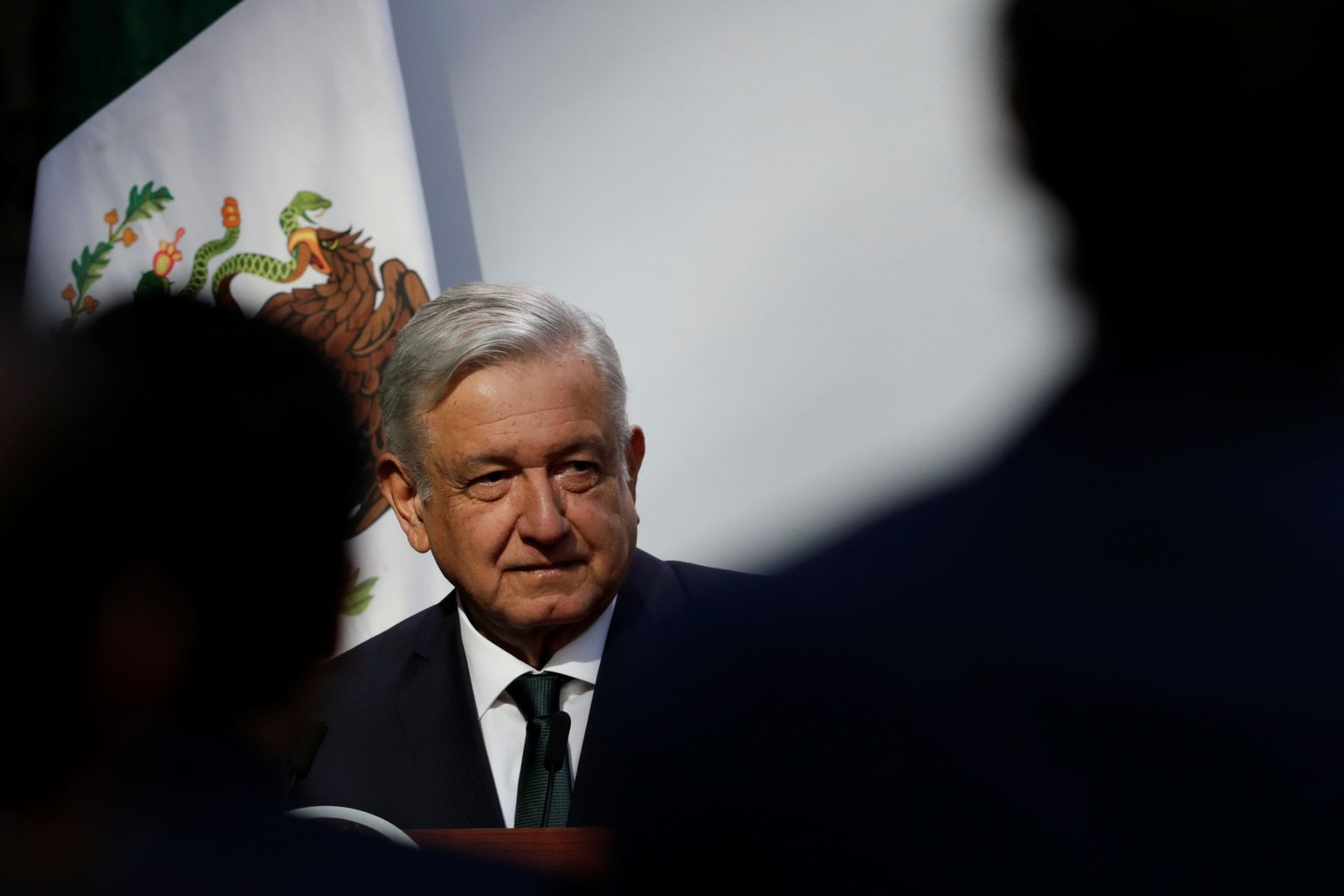 |
| Photo: Wall Street Journal |
In 1979, López Obrador married Rocío Beltrán Medina, a former teacher and a writer. He had three children with her, Jose Ramon López Beltrán, Andres Manuel López Beltrán and Gonzalo Alfonso López Beltrán, with her. Rocío Beltrán Medina died in 2003.
In 2006, he married Beatriz Gutiérrez Müller. Together they have son named Jesús Ernesto López Gutiérrez.
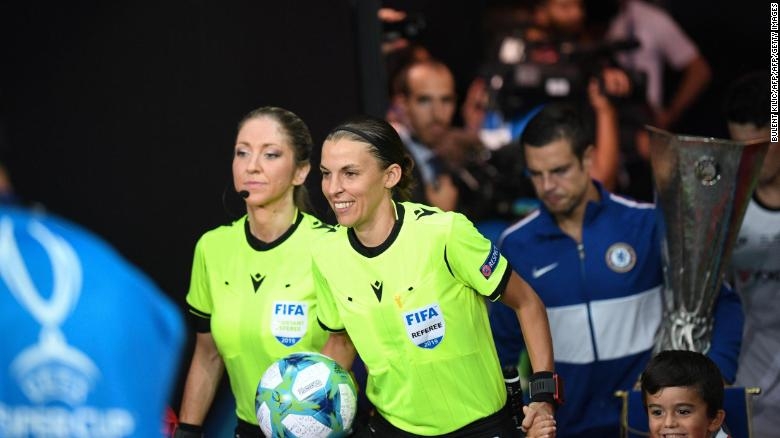 Who is Stephanie Frappart -The First Female Referee at Euro 2020: Biography, Personal Profile and Career Who is Stephanie Frappart -The First Female Referee at Euro 2020: Biography, Personal Profile and Career Stephanie Frappart has made history after becoming the first female referee to be selected to officiate at a men’s ... |
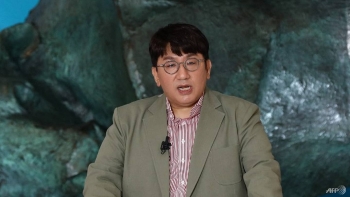 Who Is Bang Si-hyuk - The Brand-New Billionaire Behind K-pop’s BTS? Who Is Bang Si-hyuk - The Brand-New Billionaire Behind K-pop’s BTS? Bang Si-hyuk, also known as “Hitman” Bang, is the Founder and CEO of Big Hit Entertainment. Read on to know more about him. |
 Who Is Samantha Samsung - The Virtual Assistant Taking Over The Internet Who Is Samantha Samsung - The Virtual Assistant Taking Over The Internet Recently, the Internet has gone crazy with the new 3D's virtual assistant of Samsung, Samantha Samsung. Who is she and what is special about her? ... |
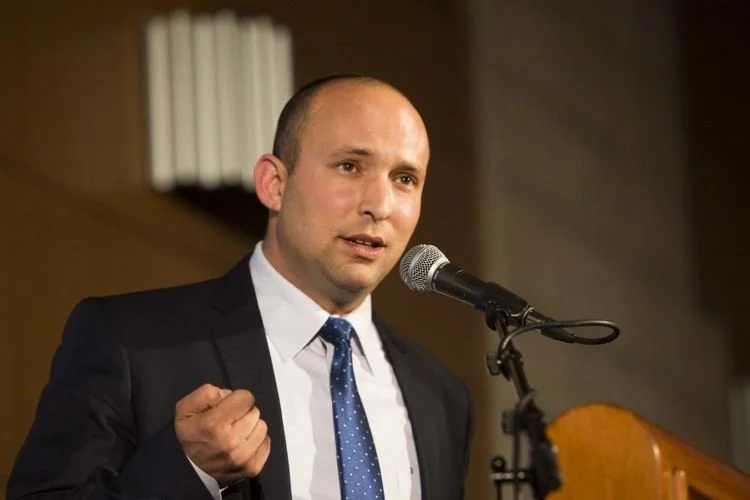 Who is Naftali Bennett: Biography, Career, Personal Life of Israel’s Potential Prime Minister? Who is Naftali Bennett: Biography, Career, Personal Life of Israel’s Potential Prime Minister? Naftali Bennett, who on Sunday moved a step closer to replacing Israel’s veteran premier Benjamin Netanyahu, is a millionaire former tech entrepreneur who made a ... |
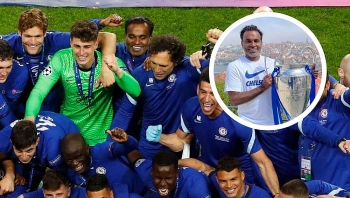 Vinay Menon - the Indian at Chelsea: Biography, Career and Family Vinay Menon - the Indian at Chelsea: Biography, Career and Family Formerly personal health consultant of Chelsea, he has spent more than a decade with the London club. Who is Vinay Menon, the Indian presence at ... |



